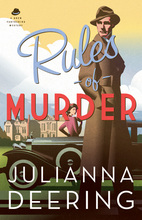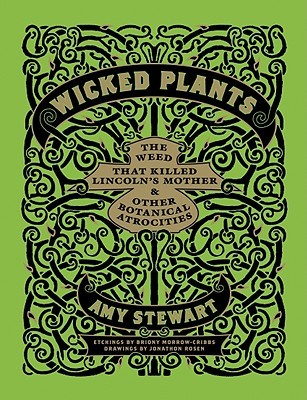 While Georgie is a very loving and caring person, as the
baby of the family, she has never really had to make decisions, since
there are always people willing to make them for her - which is
basically how she ended up a flight nurse anyway. While her family, fiancé, and friends want what is best for her, they never really let her decide for herself what is best. Hutch challenges her to look to God and make decisions based on what He wants, not what all the other people in her life want.
God gives us wise and godly people in our lives to help hold us
accountable, but we cannot rely on them to make decisions for us - God
gave us free will for a purpose.
While Georgie is a very loving and caring person, as the
baby of the family, she has never really had to make decisions, since
there are always people willing to make them for her - which is
basically how she ended up a flight nurse anyway. While her family, fiancé, and friends want what is best for her, they never really let her decide for herself what is best. Hutch challenges her to look to God and make decisions based on what He wants, not what all the other people in her life want.
God gives us wise and godly people in our lives to help hold us
accountable, but we cannot rely on them to make decisions for us - God
gave us free will for a purpose. While Hutch was following God's will when he enlisted so that he could practice pharmacy and be an example for the nation on why trained pharmacists are needed as officers, he loses sight of God in the process and becomes obsessed with the desire for respect. He has a degree, so he deserves to be respected; he holds the life of any man receiving medication in his hands, so he deserves respect. However, he fails to respect his officers, his men, and even his friends, and in the process, he loses their respect also. It is so easy to lose sight of God in the process of following His will - the moment the goal becomes more important than God is the moment things start to go wrong.
My one complaint about this novel is that in his pursuit of being chosen as a Pharmacy Corps officer, Hutch becomes unbearably grouchy, and it is really hard to like someone with a continually bad attitude. Because of that, I liked the first novel a little better. Otherwise I enjoyed getting to know the characters better after their introduction in With Every Letter, though there were some tough spots to get through; I cried so much during one part - war involves death, and no one involved can be immune to the heartache. The message is, as usual for Sundin, strong and relevant, the history fascinating, and the plot well-written. 5 out of 5 stars!
Wings of the Nightingale
1. With Every Letter
2. On Distant Shores
3. In Perfect Time








